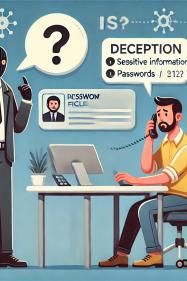Doxxing, short for “document tracing,” refers to the act of publicly disclosing someone’s personal information, like their real name, home address, phone number, or even financial data, without consent. This malicious practice can lead to harassment, identity theft, and other forms of online abuse. So, how do people get doxxed, and what can you do to protect yourself?
Common Ways People Get Doxxed
1. Social Media Oversharing
Many people unknowingly share too much information on social media. Details like your full name, birthday, and even location can be pieced together by cybercriminals. Even innocent-looking posts can give clues to your personal life.
2. Weak Passwords and Poor Security Practices
Using weak passwords or reusing the same password across multiple platforms makes it easier for attackers to gain access to your accounts. Once inside, they can retrieve sensitive data that can be used for doxxing.
3. Data Breaches
With data breaches becoming increasingly common, your personal information may already be available on the dark web. Hackers often collect this data from breached websites, databases, or compromised accounts to build a profile for doxxing.
4. Publicly Accessible Information
Some information is publicly available through voter registration, public records, or online databases. Attackers can exploit this readily available data to doxx their victims.
How to Protect Yourself from Being Doxxed
- Limit Social Media Exposure: Avoid sharing personal information, such as your address, phone number, or family details, on public platforms.
- Use Strong Passwords and 2FA: Implement strong, unique passwords and enable two-factor authentication (2FA) for all accounts.
- Monitor Data Breaches: Use services that alert you if your information appears in a breach and act quickly to secure those accounts.
- Be Mindful of Public Records: Regularly check what personal information is accessible publicly and take steps to remove or limit it.
Staying vigilant and practicing good cybersecurity hygiene can significantly reduce the risks of getting doxxed. Always prioritize your online safety.

